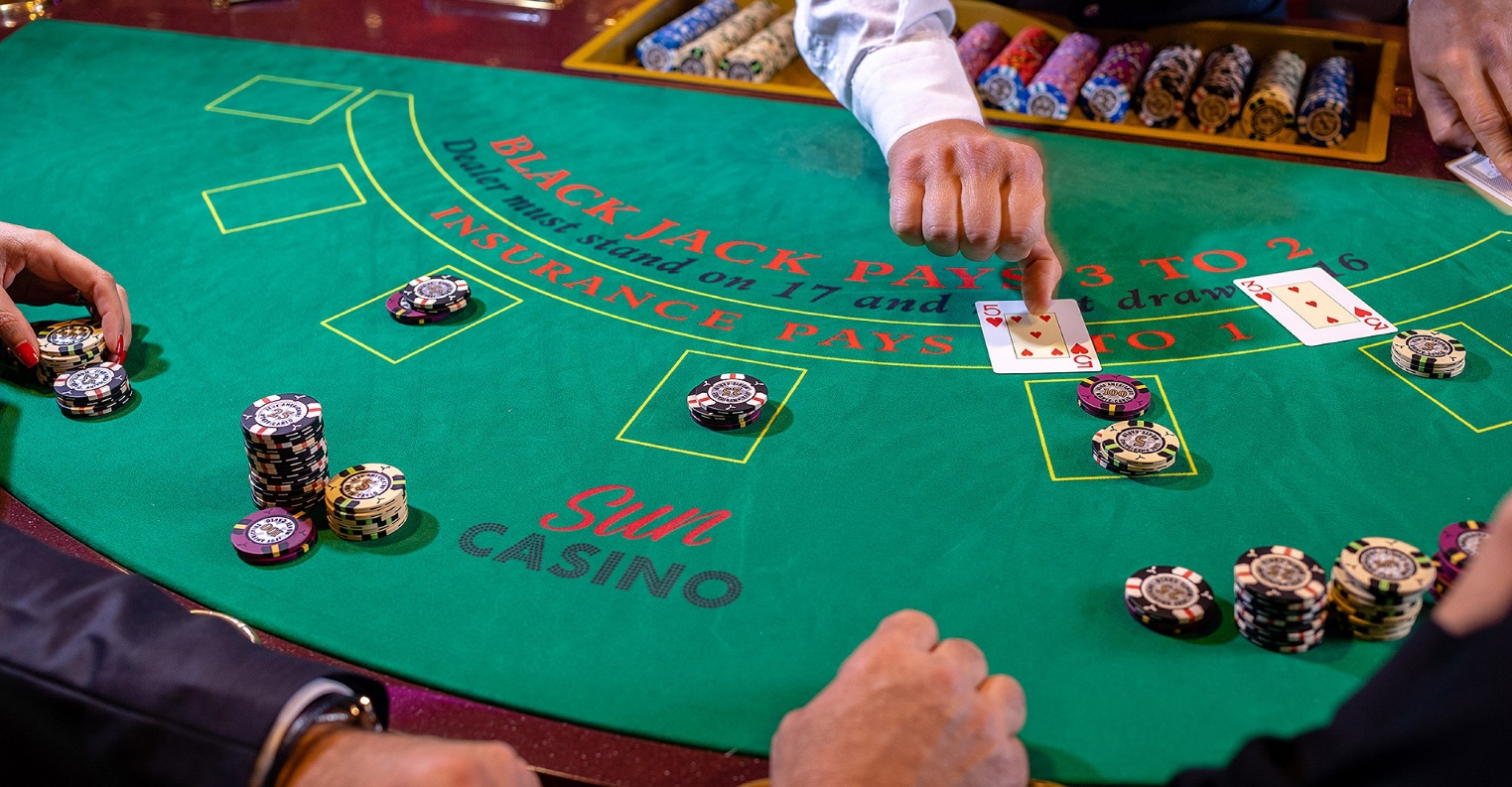
Exploring Board Games: More Than Just Chance

When we think of casino activities, the initial pictures that frequently cross our minds are those of rotating wheel devices, card chips clattering on felt surfaces, and dice flying across a gaming surface. While many consider these activities as mere hobbies fueled by luck, a more profound exploration reveals a captivating blend of tactics, expertise, and community interaction that raises them far beyond basic chance. Regardless of whether you are a experienced player or a curious newcomer, understanding the subtleties of these activities can greatly enhance your experience and appreciation.
Casino games have developed over hundreds of years, with various cultures contributing to their rich histories and different forms. From the intricate strategies of 21 to the bluffing tactics in poker, players engage in a battle of wits as much as a risk on odds. This exciting interplay between chance and skill creates a exciting atmosphere that draws millions to casinos worldwide. As we explore the world of card games, we will uncover the methods that can shift the odds in your advantage and the social aspects that make these games a popular choice for entertainment and engagement.
A Strategy Behind Casino Gaming
Table gaming often combine a mix of ability and chance, which makes them fascinating for participants who enjoy a challenge. Every title has its unique set of rules and tactics that can affect the results. For example, in titles like blackjack, players are required to use strategies like counting cards and understanding the odds to make smart decisions. This skill set can greatly improve the victory potential, differentiating experienced players from beginners who may rely solely on luck.
Conversely, titles such as roulette may appear to be purely based on luck, but tactical thinking can also play into the equation. Players can select between various betting tactics, such as the Martingale system, where they increase their wagers after losses. This method can establish a more methodical approach to the game. Understanding the odds of specific wagers can also help players make smarter decisions on the roulette table, demonstrating that even in games of chance, tactics can enhance the experience.
Furthermore, the game of poker stands out as a game that heavily focuses on tactics. Unlike most gaming games, the game of poker combines ability, mental acuity, and luck. Participants must not only focus on the hands they are given but also take into account their rivals' behavior and betting patterns. Mastering concepts like table position, the odds of the pot, and reading bluffs is crucial for winning. This depth of tactics in the game of poker often creates to a more engaging encounter for participants, as the choices and abilities significantly affect the match's results.
Understanding Chance and Ratios
In the realm of gambling activities, probability and ratios hold a critical role in determining a gambler's potential outcomes. Every match has its own set of rules that dictate how the probability of succeeding or losing is measured. For instance, in games like 21, participants have a opportunity to affect their ratios through planning, whereas in matches like roulette, the results are purely dictated by chance. Comprehending how these chances are measured can greatly affect how a gambler approaches the match.
Odds are typically expressed in two forms: fractional and numeric. Fractional odds show the ratio of the amount gained to the sum bet, whereas decimal ratios show the total return for a winning wager, including the stake. For example, if a game has odds of 5 to 1, this implies that for every one dollar staked, a player could gain five units if successful. Knowing how to read these odds allows gamblers to evaluate their potential winnings and make more informed decisions during gameplay.
Gamblers should also be aware of the house edge, which is the casino's inherent advantage over the gamblers. Each match has a different advantage, and grasping this idea is crucial for controlling one's hopes and budget. Games with a reduced advantage, such as blackjack and chemin de fer, typically offer better odds for players compared to activities like slots and lottery. By recognizing the connection between probability, ratios, and the house edge, players can enhance their gambling experience and strategize more efficiently.
The Social Aspect of Table Gaming
Table games at casinos are often seen as a center of social interaction, bringing players together in a collective experience that extends far beyond the mere act of playing games. The atmosphere at a blackjack table can be vibrant, with gamblers engaging not only with the game itself but also with one another. Joy, excitement, and, sometimes, playful teasing create connections that enhance the overall enjoyment of the gaming experience. This communal aspect can turn a solitary endeavor into a lively gathering, making table games particularly appealing.
One of the fascinating elements of table gaming is the way it fosters friendship among participants. Whether it's collaborating to defeat the dealer at a craps table or sharing stories between hands in a card game, the environment encourages communication. Players often share tips or strategies, creating a sense of togetherness that boosts the fun. 45678.com This social dynamic can make new players feel welcomed and less intimidated by the competitive nature of casino games. As the game progresses, friendships may form, leading to a sense of belonging that keeps participants returning to the table.
Moreover, the social aspect of table gaming extends beyond just the participants. Casino staff play a crucial role in facilitating interaction and maintaining the flow of the game. Their ability to engage gamblers with warm dialogue and their expertise in managing the table can create an welcoming atmosphere. This connection between players and dealers adds another layer of enjoyment, where gamblers feel bonded not only to one another but also to the staff. Such interactions are often what make the experience unforgettable, as players leave with tales to tell and connections made, reinforcing the notion that table games are truly about more than just chance.